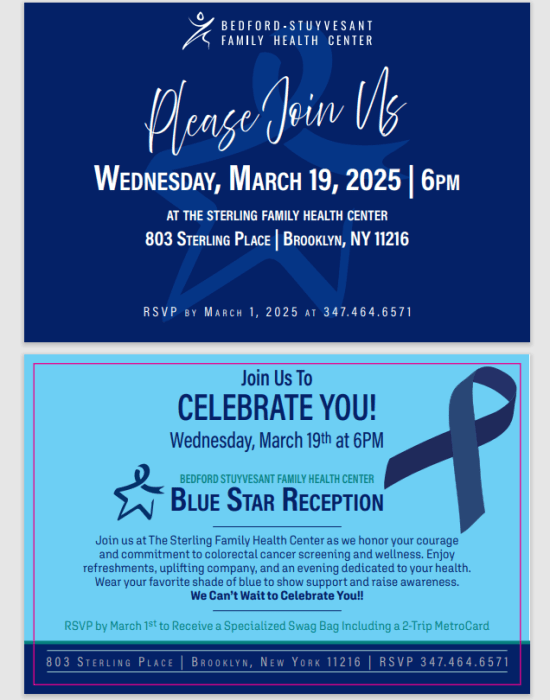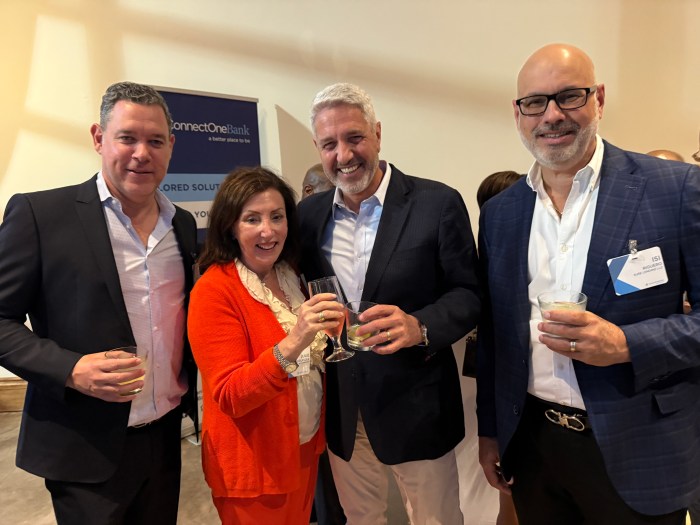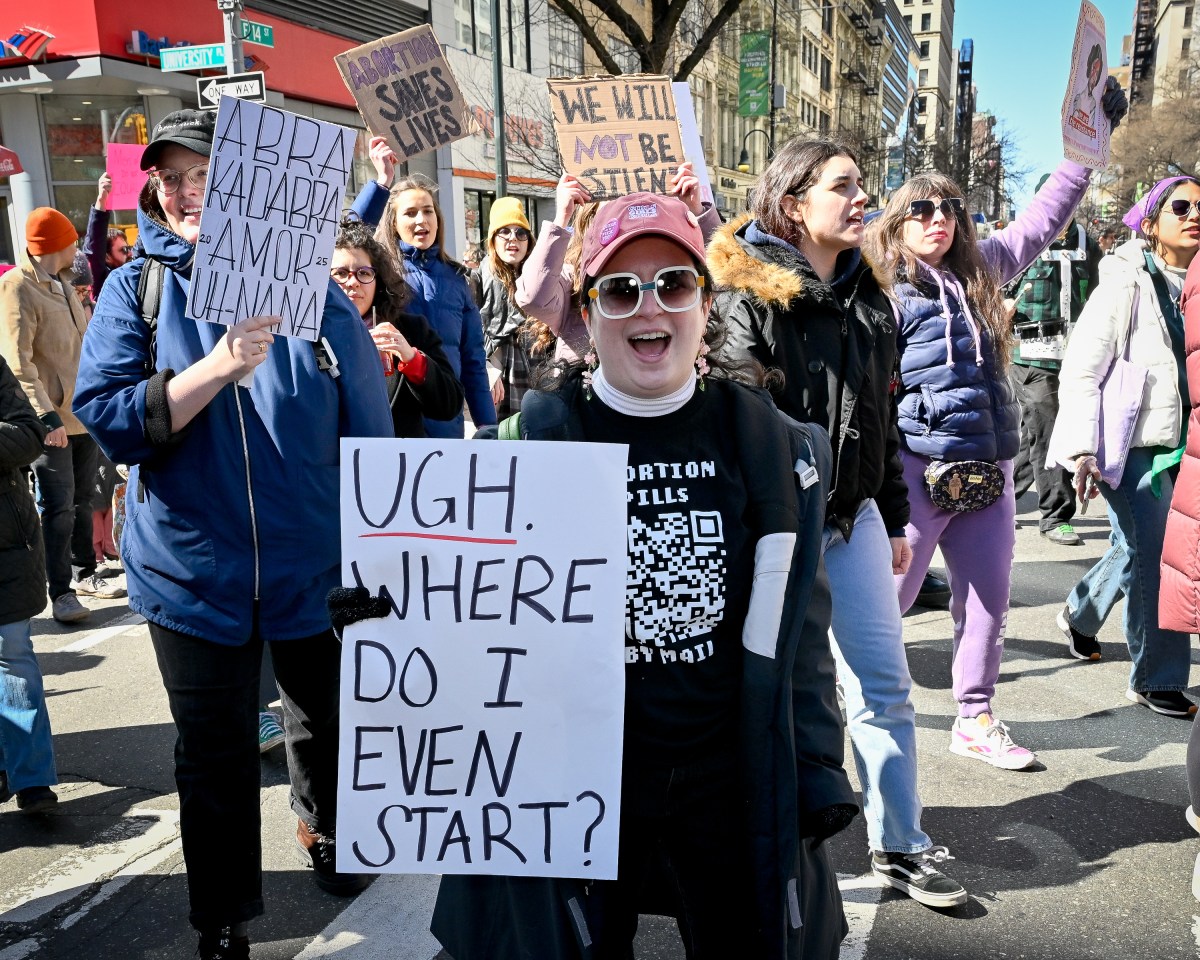Most people are afraid of surgery and the hospitalization with anesthesia often required. When faced with an emergency from an accident, there is no time to consider all the possible problems that may ensue.
When there is no emergency however, such as in the case of a man whose symptoms of benign prostatic obstruction have been slowly worsening over a long period of time, there is no rush to seek medical attention. As a result, such a man has plenty of time to think over all the things that might go wrong in submitting to surgery, hospitalization, and anesthesia. Especially when he has heard from his friends or their wives all the horror stories people, for some strange reason, love to relate.
Is it any wonder that men hesitate to seek help for relief of the symptoms of prostate enlargement? It’s so easy to rationalize away the symptoms because they do so vary in intensity and frequency of occurrence. He thinks to himself, “last week I was getting up five times a night from sleep but last night, only twice. I must be getting better.” However, eventually, the symptoms pile up including the increasing difficulty to achieve and maintain an erection, which brings on additional pressure from his wife so he gathers all his bravery and decides to obtain professional help. Then, when asked to describe how his stream has also become more frequent, intermittent, weak, slow, urgent and despite some pushing still leaves him with an unsatisfied feeling, it dawns on him that he should have come to the urologist a lot sooner. Happily, he learns that surgery is not yet up even for discussion.
That’s because, once the diagnosis is properly established, treatment most often comes down to the use of various medications, which work in two basic ways. One type actually shrinks the glandular portion of the prostate, which accounts for about 60 percent of the prostate’s weight. The other 40 percent of the prostate consists of muscle tissue, which contracts around the urinary flow tube thereby constricting the stream. The second type of medication, can relax this muscle tissue. These two medications given together are very effective in relieving the annoying symptoms.
However, not every man is able to use these drugs for a variety of reasons: He may develop side effects or be allergic to one or both or there may a drug interaction with another drug he needs for an entirely separate condition or the drugs have subsequently lost their effectiveness. There is still no reason for despair; surgery is not the next step to try to relieve the symptoms. The next step is to consider the use of microwave thermotherapy, which over he past ten years has proven itself quite effective in relieving the symptoms without surgery, anesthesia or hospitalization. There is no need to fear.
Question? Call Dr. Okun at 718-241-6767























